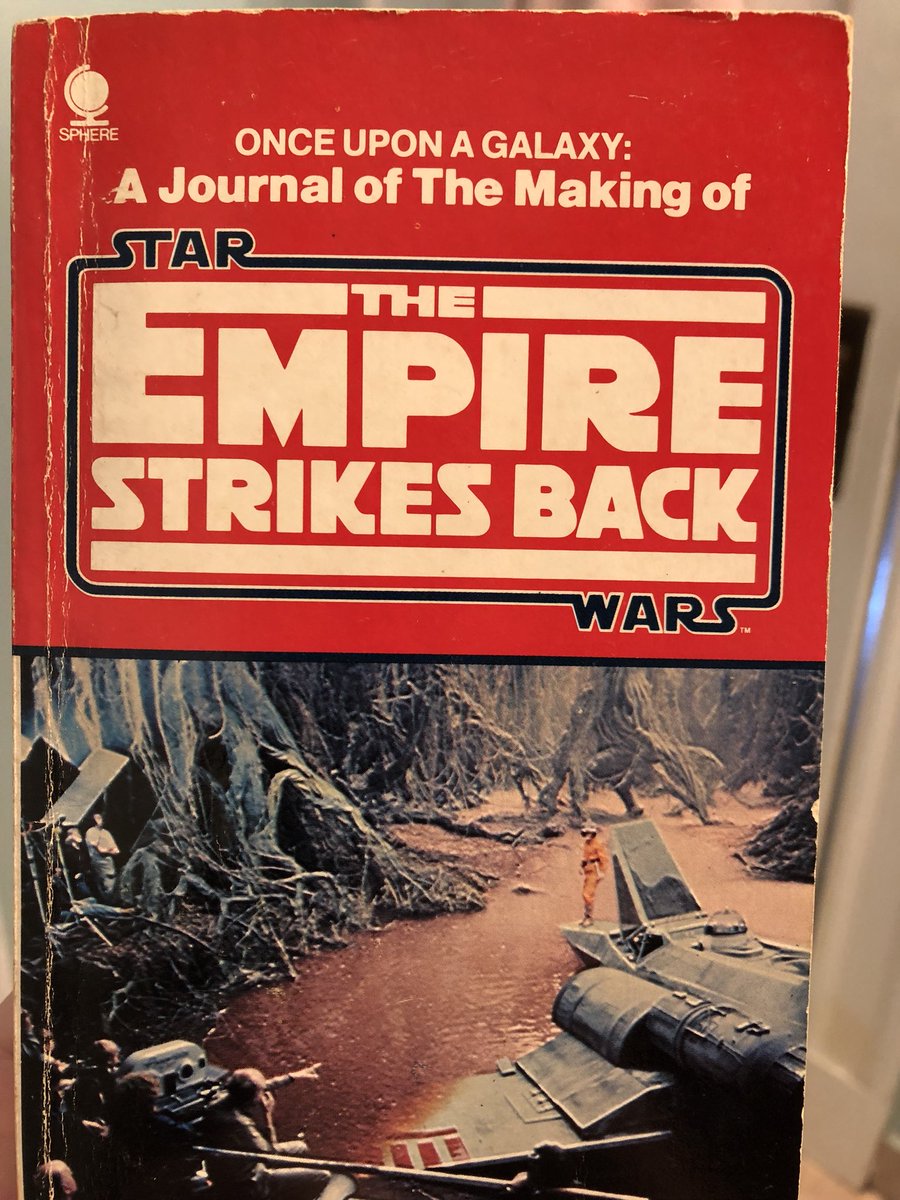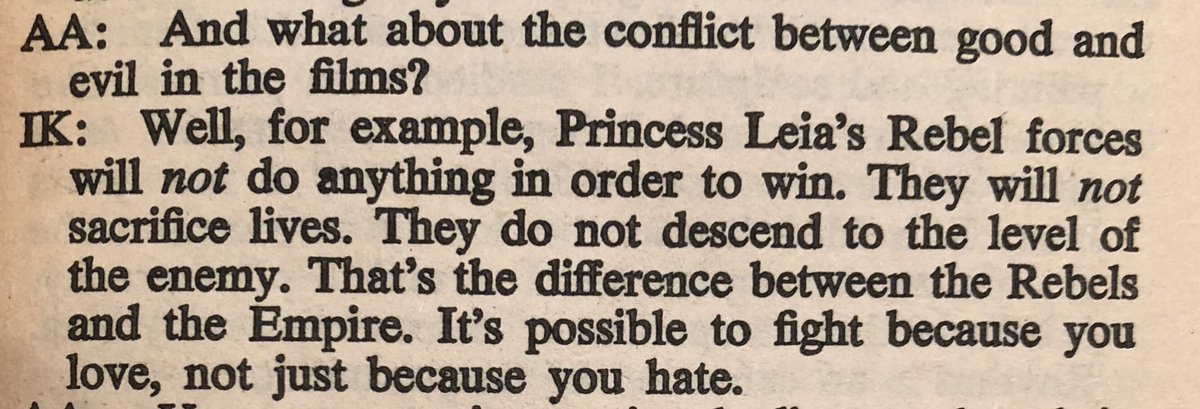
There's a decades-old tendency in Star Wars fandom to minimize the sensitive/naïve/childlike/goofy parts of Star Wars (Tarzan yell, Ewoks, Jar Jar, Chewie's fear), to label them departures from what some think Star Wars "really" is (badass). It's always been both. 



As we aged out of the ideal target audience for Star Wars (under 13), we (mostly dudes) became suspicious of the soft parts of Star Wars, and either mocked them or segregated them in their own box — okay at the time, but no more of that please. More Boba Fett, implacable killer!
But it's all part of the text. It's all on the same level (all "canon"), whether you like it or not. It's not (just) a joke that Malakili loved and bonded with his rancor; it's part of Star Wars. If a writer chooses to focus on it, that's just as Star Wars as Vader in Rogue One.
It's all part of what George was trying to say.
"I like the idea that everyone loves someone. And even the worst, most horrible monster you can imagine was loved by his keeper. And the rancor probably loved his keeper."
―George Lucas
"I like the idea that everyone loves someone. And even the worst, most horrible monster you can imagine was loved by his keeper. And the rancor probably loved his keeper."
―George Lucas
Roger Ebert singled out Malakili's crying in particular as part of what makes Star Wars movies "more than just space operas". That stuff matters. It's part of the emotional backbone of the stories. To George, symbiosis and hope mattered at least as much as cool spaceships.
Malakili was played by Paul Brooke, who continued working until 2009. You can see him in Bridget Jones' Diary, Midsomer Murders, the 2004 Phantom of the Opera, and Blackadder (pictured), among other things. 

...or you could save yourself some time instead of reading this thread and just listen to George. He could be saying this about today's fans.
https://twitter.com/kalgotthesauce/status/1483214291339812865
• • •
Missing some Tweet in this thread? You can try to
force a refresh


















